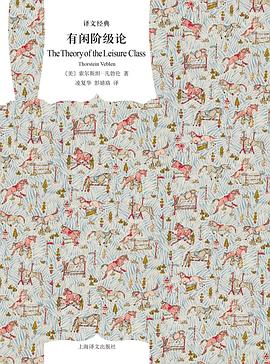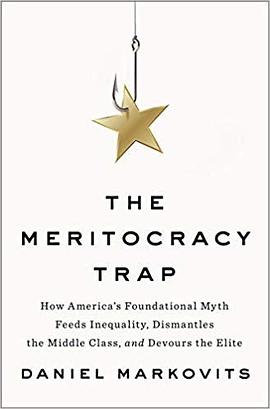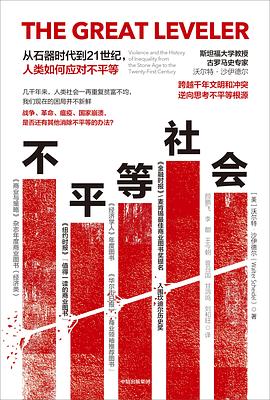

具体描述
Robert J. Shiller is a Nobel Prizeâ€"winning economist, the author of the New York Times bestseller Irrational Exuberance, and the coauthor, with George A. Akerlof, of Phishing for Phools and Animal Spirits, among other books (all Princeton). He is Sterling Professor of Economics at Yale University and a regular contributor to the New York Times. He lives in New Haven, Connecticut. Twitter @RobertJShiller
From Nobel Prizeâ€"winning economist and New York Times bestselling author Robert Shiller, a new way to think about how popular stories help drive economic events
In a world in which internet troll farms attempt to influence foreign elections, can we afford to ignore the power of viral stories to affect economies? In this groundbreaking book, Nobel Prizeâ€"winning economist and New York Times bestselling author Robert Shiller offers a new way to think about the economy and economic change. Using a rich array of historical examples and data, Shiller argues that studying popular stories that affect individual and collective economic behaviorâ€"what he calls "narrative economics"â€"has the potential to vastly improve our ability to predict, prepare for, and lessen the damage of financial crises, recessions, depressions, and other major economic events.
Spread through the public in the form of popular stories, ideas can go viral and move marketsâ€"whether it's the belief that tech stocks can only go up, that housing prices never fall, or that some firms are too big to fail. Whether true or false, stories like theseâ€"transmitted by word of mouth, by the news media, and increasingly by social mediaâ€"drive the economy by driving our decisions about how and where to invest, how much to spend and save, and more. But despite the obvious importance of such stories, most economists have paid little attention to them. Narrative Economics sets out to change that by laying the foundation for a way of understanding how stories help propel economic events that have had led to war, mass unemployment, and increased inequality.
The stories people tellâ€"about economic confidence or panic, housing booms, the American dream, or Bitcoinâ€"affect economic outcomes. Narrative Economics explains how we can begin to take these stories seriously. The result may be Robert Shiller's most important book to date.
用户评价
##偶像的新书,留一星给期待(๑˙ー˙๑) Financial Communication作品,Shiller探了条好路,读这类新颖作品不在于给你答案,这类奴才教育下的懒惰惯性思维。而在于扩展个人思维广度与深度,边读边辨别其真假。 Shiller老师的作品,虽然有些著作水平高地不一,但一直没让我失望。 搁置一季,记下,再读一遍定有收获?
评分 评分 评分这本书14章之前还行,后面有点拉跨 一个个单独的文字或字母并不重要,但是将它们进行排列组合却可能引起一次思想风暴。如果这是一个好故事,可能会让我们从中受益,但如果是坏故事,那么它的影响所造成的灾难将难以想象。 最简单的例子就是美国的大萧条事件。 起因只是因为有些...
评分 评分 评分##叙事经济学,作者是罗伯特希勒。罗伯特希勒在以前写过一本著名的书,叫做《非理性繁荣》。罗伯特希勒是一个经济学家,经济学本身是一个很庞杂的一个科目,而叙事经济学能够帮助我们更好的理解现在这个媒介社会和个人ip 甚至个人品牌。 叙事是什么?在这本书里面,叙事就是历史...
评分##偶像的新书,留一星给期待(๑˙ー˙๑) Financial Communication作品,Shiller探了条好路,读这类新颖作品不在于给你答案,这类奴才教育下的懒惰惯性思维。而在于扩展个人思维广度与深度,边读边辨别其真假。 Shiller老师的作品,虽然有些著作水平高地不一,但一直没让我失望。 搁置一季,记下,再读一遍定有收获?
评分这本书可以和前几天听的那本《把自己当做方法》对照着听。作者是诺贝尔经济学奖得主,诺奖作者写的书,可以作为一个专题,都拿来听一听。 既然叫做“叙事经济学”,“叙事”就是讲故事,那本书自然也必须要生动一些,不能只有理论。所以作者讲了两个重要的案例。 第一个:关于...
相关图书
本站所有内容均为互联网搜索引擎提供的公开搜索信息,本站不存储任何数据与内容,任何内容与数据均与本站无关,如有需要请联系相关搜索引擎包括但不限于百度,google,bing,sogou 等
© 2025 book.tinynews.org All Rights Reserved. 静思书屋 版权所有




















